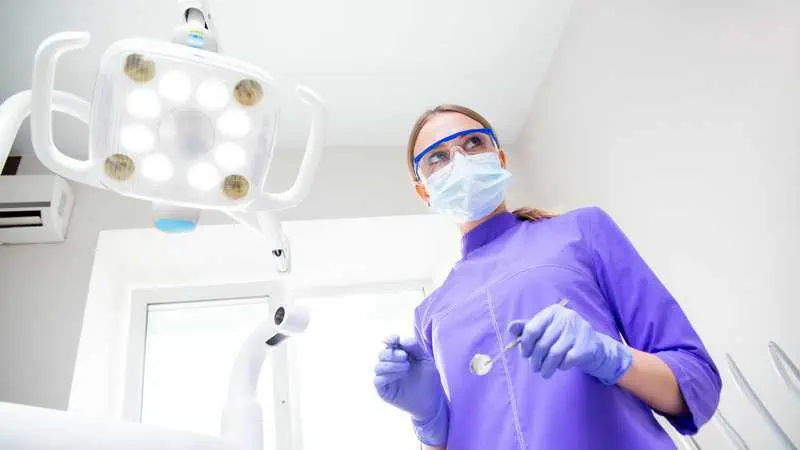
Dental emergencies can strike unexpectedly, causing pain and distress. Whether it’s a broken tooth, severe toothache, or a knocked-out tooth, knowing what to do if you have a dental emergency is crucial. Let’s take a look at some of the essential steps your dentist in West Townsend would encourage you to take during a dental emergency.
Stay Calm & Assess
During any emergency, including a dental emergency, it’s natural to immediately feel anxious, overwhelmed, and panicky. However, one of the best things you can do is to stay calm and assess the situation. Identify the severity of the injury, check to see if any other areas are affected, and determine what you should do next (Hint: you should probably see your dentist).
Call Your Dentist
Even if your dental emergency doesn’t seem so serious after your adrenaline wears off, you should still contact your dentist in West Townsend. Explain what happened as well as any symptoms you’re experiencing such as pain, swelling, or bleeding. Your dentist will be able to tell you the best course of action and schedule an appointment to see you quickly if needed.
Find Temporary Relief
While waiting for professional help, you can take certain measures to help get temporary relief. Take over-the-counter pain relievers such as ibuprofen or acetaminophen following the recommended dosage and if it’s safe for you. Do not place aspirin directly on the gums as it can cause tissue irritation. Applying a cold compress to the affected area can also help reduce swelling and numb the pain.
Knowing what to do in case of a dental emergency by following these three tips can help you remain calm and get the care you need. However, there are some emergency-specific tricks you should know about.
A dental emergency can be a distressing experience, but being prepared and knowing what to do can make a significant difference. Staying calm, contacting your dentist, and taking temporary pain relief measures are crucial initial steps. Remember, every dental emergency is unique, and the information provided here serves as a general guide. It’s essential to seek professional dental care as soon as possible to ensure the best possible outcome for your oral health.